Ana María León and Torsten Lange, “Bodies of Work: Activism, Gender, Architecture”
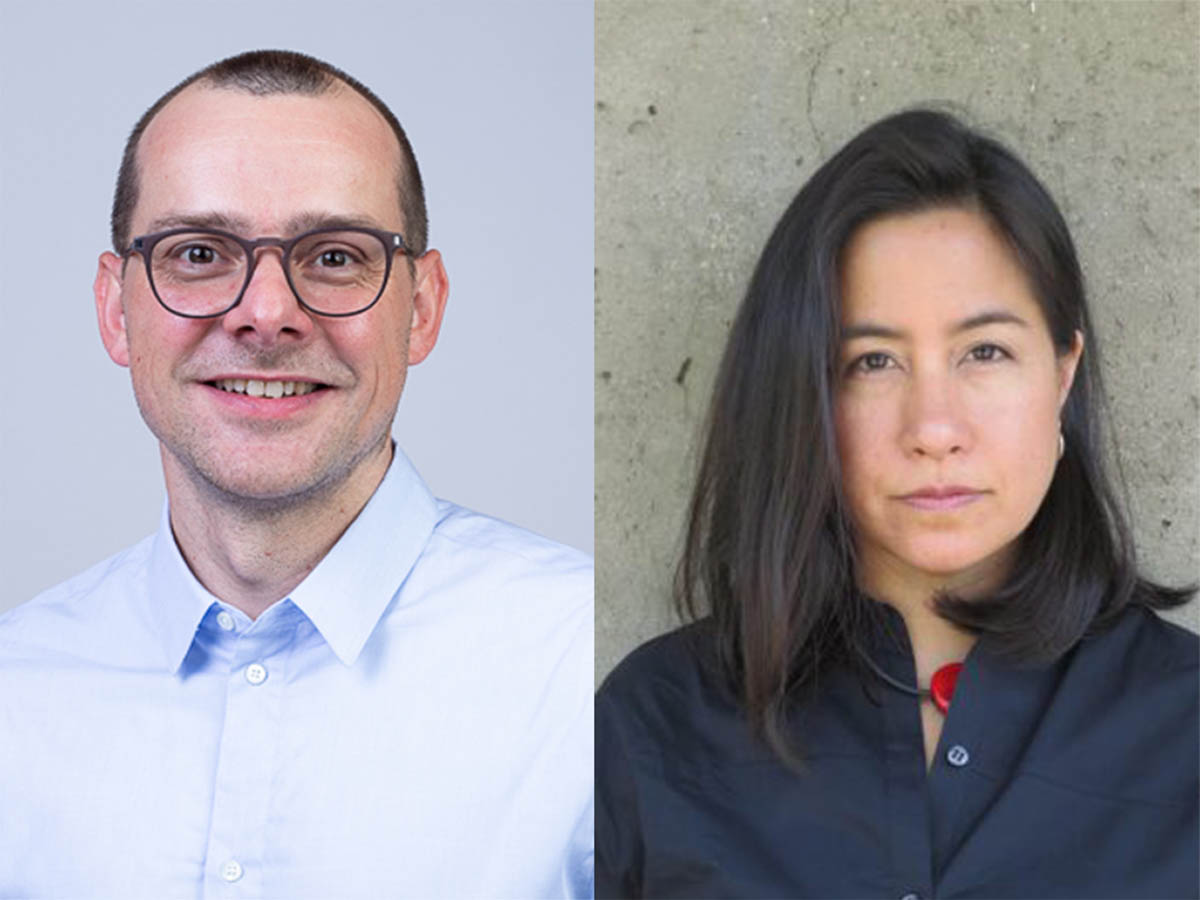
The GSD’s Spring 2021 Public Programs are all virtual and require registration.
Event Description
“Bodies of Work: Activism, Gender, Architecture,” Ana María León and Torsten Lange with Katarina Burin; moderated by Sophie Hochhäusl, Demetra Vogiatzaki, and Emmanuel Olunkwa.
In this conversation, architectural historians Ana María León and Torsten Lange consider the labor of organizing around issues of gender in architecture. Based on three precedents, they will reflect on their work and practice and highlight how the present has allowed scholars and practitioners to revise architectural historiography. Building on intersectional feminist theory, the discussion considers architecture and urban space as well as architectural discourse as forums where white heteronormative systems of planning can become subverted by empowered labor and living practices.
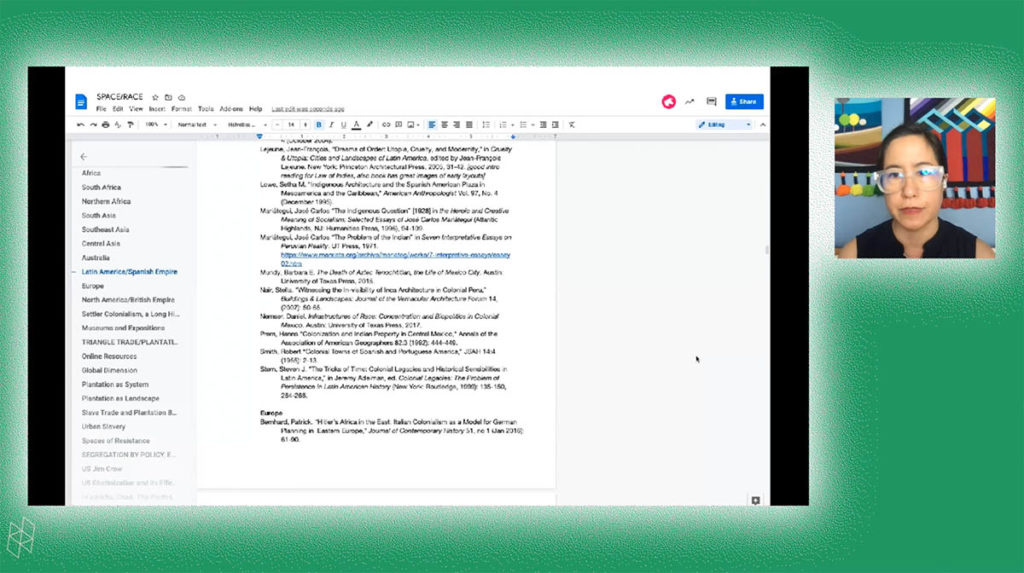
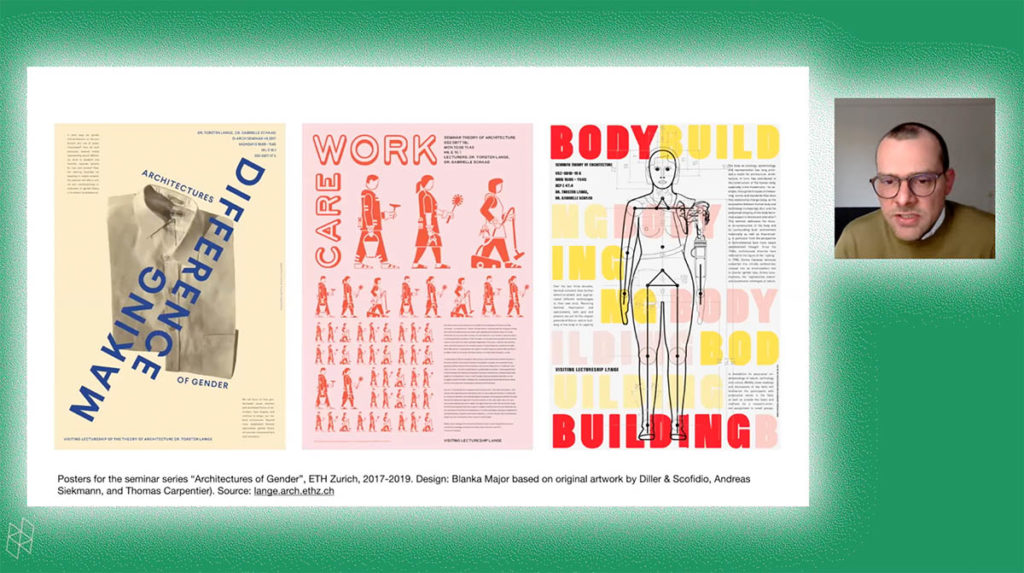
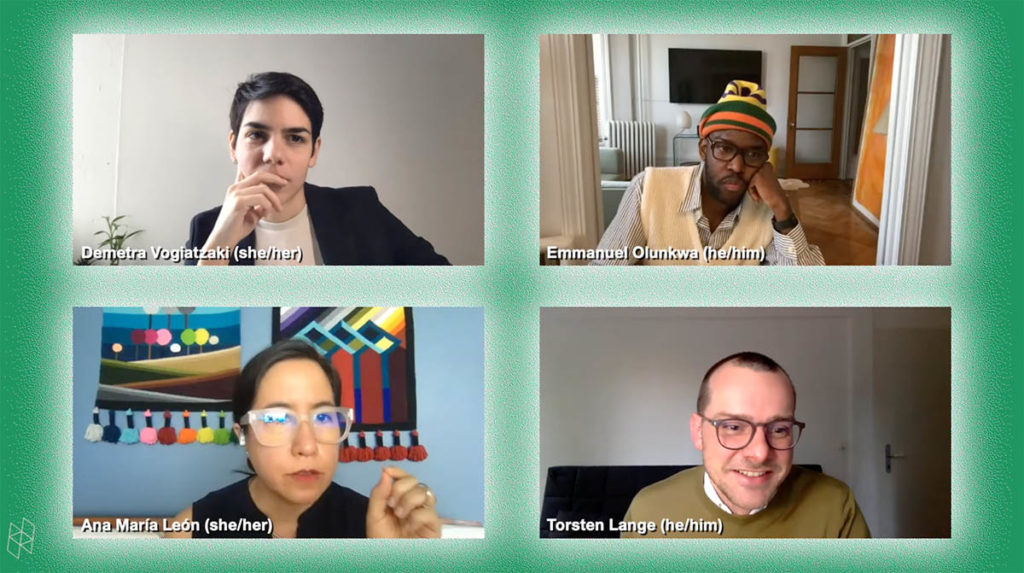
Speakers
Torsten Lange studied architecture and architectural history and theory at the Bauhaus-University Weimar and the Bartlett School of Architecture, UCL in London, where he also received his Ph.D. in 2015. Currently, he is visiting professor at Technical University of Munich. His research focuses on economies and networks of architectural production in the (late-)socialist world, and, more recently, on gender, sexuality and the body in relation to architecture and the built environment. In 2019, he was a research fellow at the Canadian Centre for Architecture, Montréal, QC with the project “Queer Ecologies of Care”. He has published in journals and edited volumes and is the co-editor of “archithese reader: Critical Positions in Search of Postmodernity, 1971–1976” (Zürich: Triest, 2021 fortcoming); “Architectural Historiography and Fourth Wave Feminism” (special collection of Architectural Histories, fall 2020); “Re-Framing Identities: Architecture’s Turn to History, 1970–1990” (Basel: Birkhäuser, 2017).
Ana María León, MDes ’01, is an architect and a historian of objects, buildings, and landscapes. Her research and teaching examines the modernity of the Americas and its transcontinental flows, with particular focus on how different publics relate to each other through spatial practices and discourses of power and resistance. She is an active member of several collaborations laboring to broaden the reach of architectural history including the Settler Colonial City Project (SCCP), the Decolonizing Pedagogies Workshop (DPW), Nuestro Norte es el Sur, and Detroit Resists.
The focus of her research is the intersection of modernity, politics, architecture and art, with emphasis in hemispheric connections across the Americas, as well as transnational networks across the Atlantic. She is currently working on two book projects that tackle the transnational networks that converged in Latin America after World War II. Modernity for the Masses: Antonio Bonet’s Dreams for Buenos Aires examines the relationship between modern architecture housing projects, the populations they claim to serve, and the totalitarian states that seek to control them. Counter-institutions: Producing Pedagogies of Freedom turns to the potential of the museum, the prison, and the school, institutions traditionally associated with power, to produce counter-narratives to oppressive regimes. Additional work examines the intersection of public housing with public space as a site of dissensus, the spatial politics of resistance, and the complicities between capital, nationalism, and dispossession.
Katarina Burin is an artist and a lecturer on visual and environmental studies at Harvard University. Her work takes variable forms and is profoundly informed by the history of architecture, with a particular emphasis on Modernism, female architects, and historical documentation. Burin executes drawings, models, collages, and installations. She recently published Contribution and Collaboration: The Work of Petra Andrejova-Molnár and Her Contemporaries (Koenig Books, 2016).
At Radcliffe, Burin is conducting research on the life and work of Fran Hosken (1920–2006), a furniture designer, educator, and activist who was among the first women to graduate from the Harvard Graduate School of Design. The project is an artist’s engagement with her works and legacy, culminating in a creative, comprehensive exhibition and a catalog, the first publication on Hosken.
Burin has had solo exhibitions at Kunstverein Langenhagen (Germany); the Neubauer Collegium for Culture and Society (Chicago); P! (New York); and Ratio 3 (San Francisco). She has also been included in group exhibitions at such international venues as the Aspen Art Museum, FormContent (London), Galerie Max Hetzler (Berlin); Institute of Contemporary Art/Boston; Participant Inc (New York); Wattis Institute (San Francisco); and White Columns (New York). She was a fellow at the Akademie Schloss Solitude, received a grant from the Graham Foundation, and won the 2013 James and Audrey Foster Prize. Burin earned an MFA at Yale University.
Moderators
Sophie Hochhäusl is an Assistant Professor for Architectural History and Theory at the Stuart Weitzman School of Design and a member of the Executive Board for the program in Gender, Sexuality, and Women’s Studies. In the 2020-2021 academic year, Sophie will be a Visiting Assistant Professor at Princeton University and a Mellon Fellow in Architecture, Urbanism & the Humanities. She will also be the Pearl Resnick Fellow at the Mandel Center for Advanced Holocaust Studies at the United States Holocaust Memorial and Museum in Washington DC in the academic year 2021-2022 and an Alexander von Humboldt Research Fellow from 2021 to 2024. Before joining the Faculty at the University of Pennsylvania, she was the Frieda L. Miller Fellow at the Radcliffe Institute for Advanced Study at Harvard University.
Sophie is interested in discourse on collectivity, difference, and dissent in architecture. Her scholarly work centers on modern architecture and urban culture with a focus on spatial histories of dissidence and resistance, intersectional feminism, queer theory, and gender studies, as well as environmental history and labor theory. Currently, she is working on two book projects: an interdisciplinary history and translation project titled Memories of the Resistance: Margarete Schütte-Lihotzky and the Architecture of Collective Dissidence, 1918–1989 as well as the monograph, Housing Cooperative: Politics, Architecture, and Urban Imagination in Vienna, 1904–1934. Sophie is the co-editor of the forthcoming Architecture, Environment, Territory, Essential Writings Since 1850 with Daniel Barber and Irene Cheng. Sophie has published articles and essays in academic journals including Architectural Histories, Architecture Beyond Europe, Ediciones ARQ, and Platform. Currently, she has forthcoming texts in Aggregate and The Journal for the Society of Architectural Historians. In 2020 she was chosen to deliver the Detlef Mertins Memorial Lecture on the History of Modernity at Columbia University, which honors promising research in architectural history. She is the recipient of a Carter Manny Award by the Graham Foundation
Emmanuel Olunkwa is an artist, writer, editor, and filmmaker based in New York. His work brings deep study and surprising connection across culture, fashion, urban landscape, and social ecology. He is a masters candidate in the Critical, Curatorial, and Conceptual Practices program at Columbia University’s Graduate School of Architecture. His work has been published in Artforum, Garage, Cultured Magazine, Museum of Modern Art, and he is an editor for Pioneer Works The Broadcast and is a co-founder and editor of November Magazine.
Demetra Vogiatzaki is a historian of 18th- century architecture, currently pursuing a PhD in history and theory of architecture at the GSD. Her work focuses on the interplay of architectural theory and praxis with evolving religious, philosophical, and aesthetic theories of dreaming in the Enlightenment. As a doctoral candidate, Demetra has received multiple fellowships and grants (UCLA Ahmanson Research Fellowship, Jens Aubrey Westengard Fund, and A.G.Leventis Foundation grant among others) to conduct research in archives, special collections, libraries and sites across France, Germany, and the US. She is currently a Chateaubriand Fellow in the Humanities and Social Sciences (HSS) at Sorbonne University.
An active member of the Harvard-wide Mental Health Task Force, Demetra worked closely over the past year with Deans Dench and McCavana to formulate concrete proposals for the enhancement of advising structures at the GSAS. She further served for two years as an Arts Fellow for the GSAS Graduate Student Center, solidifying her investment in bottom-up institutional practices that developed during 2009-10, when she represented Greece as a National Contact for the European Architecture Students Assembly. Last summer Demetra worked in a research group led by Professor Erika Naginski on putting together a new pedagogy plan for history and theory classes that could address the challenges of the shift to a virtual environment, while also promoting social and racial justice and equity.
How to Join
The event will also be live streamed to the GSD’s YouTube page. Only viewers who are attending the lecture via Zoom will be able to submit questions for the Q+A. If you would like to submit questions for the speakers in advance of the event, please click here.
This program is co-sponsored by the Harvard Radcliffe Institute and serves as a lead-up event to the Radcliffe Exploratory Seminar entitled “Bodies of Evidence, Bodies of Work, Bodies of Water: Visual and Spatial Narratives for Feminist Historiographies.”
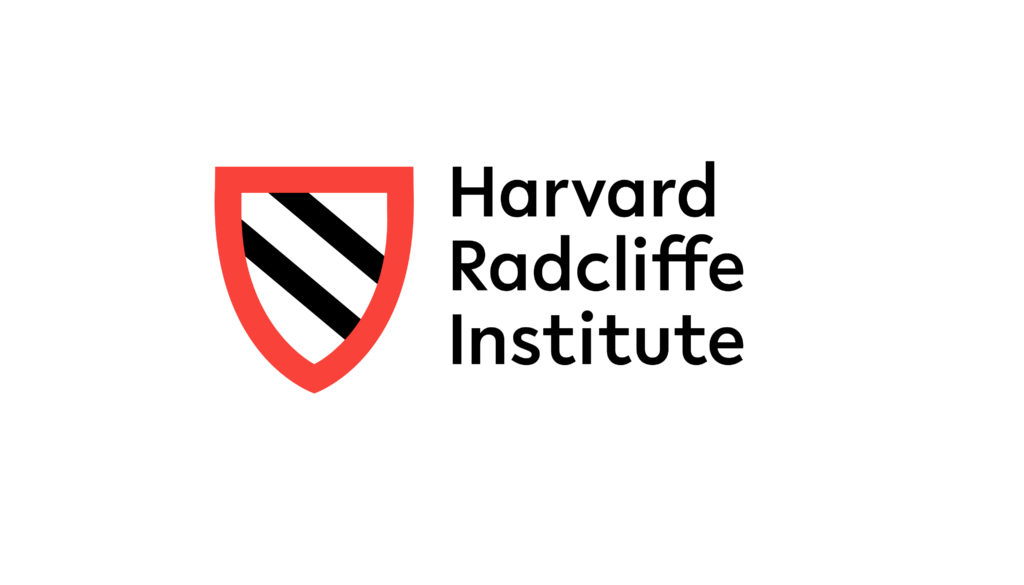
Harvard University welcomes individuals with disabilities to participate in its programs and activities. If you would like to request accommodations or have questions about the physical access provided, please contact the Public Programs Office at (617) 496-2414 or [email protected] in advance of your participation or visit. Requests for American Sign Language interpreters and/or CART providers should be made at least two weeks in advance. Please note that the University will make every effort to secure services, but that services are subject to availability.
#GSDEVENTS